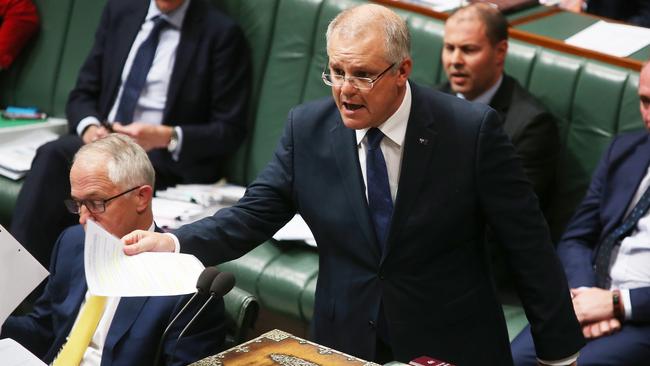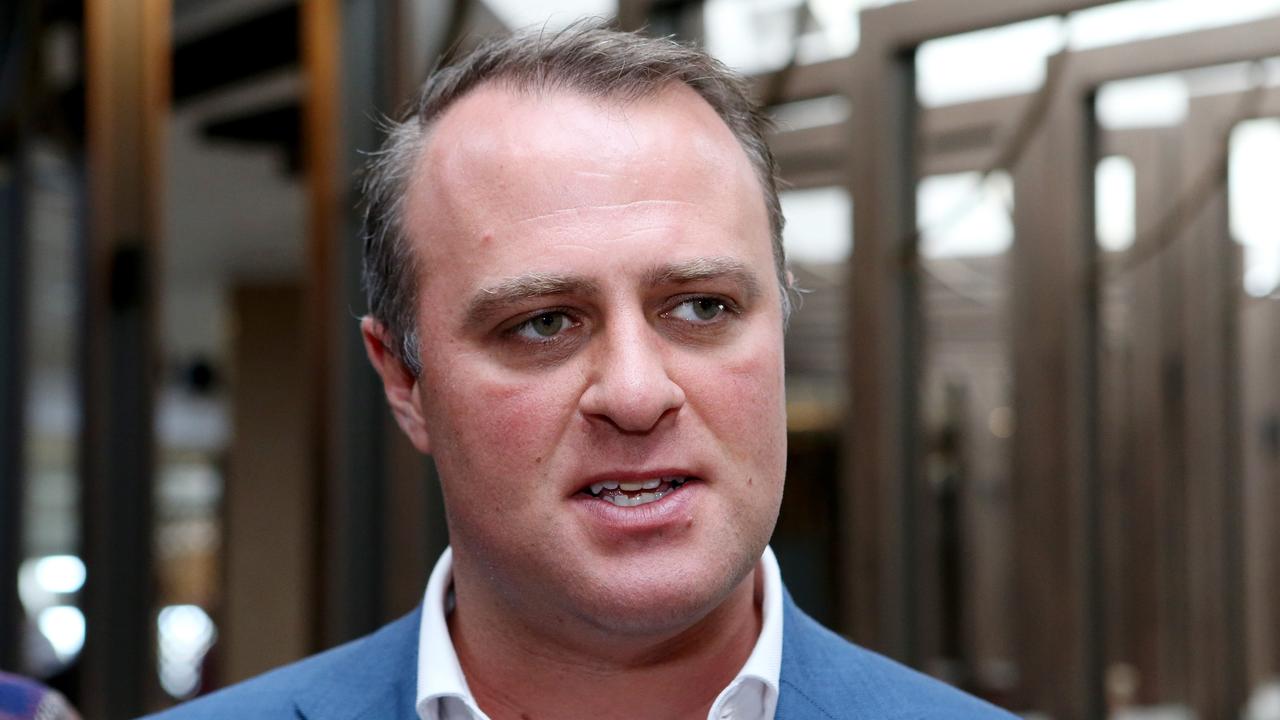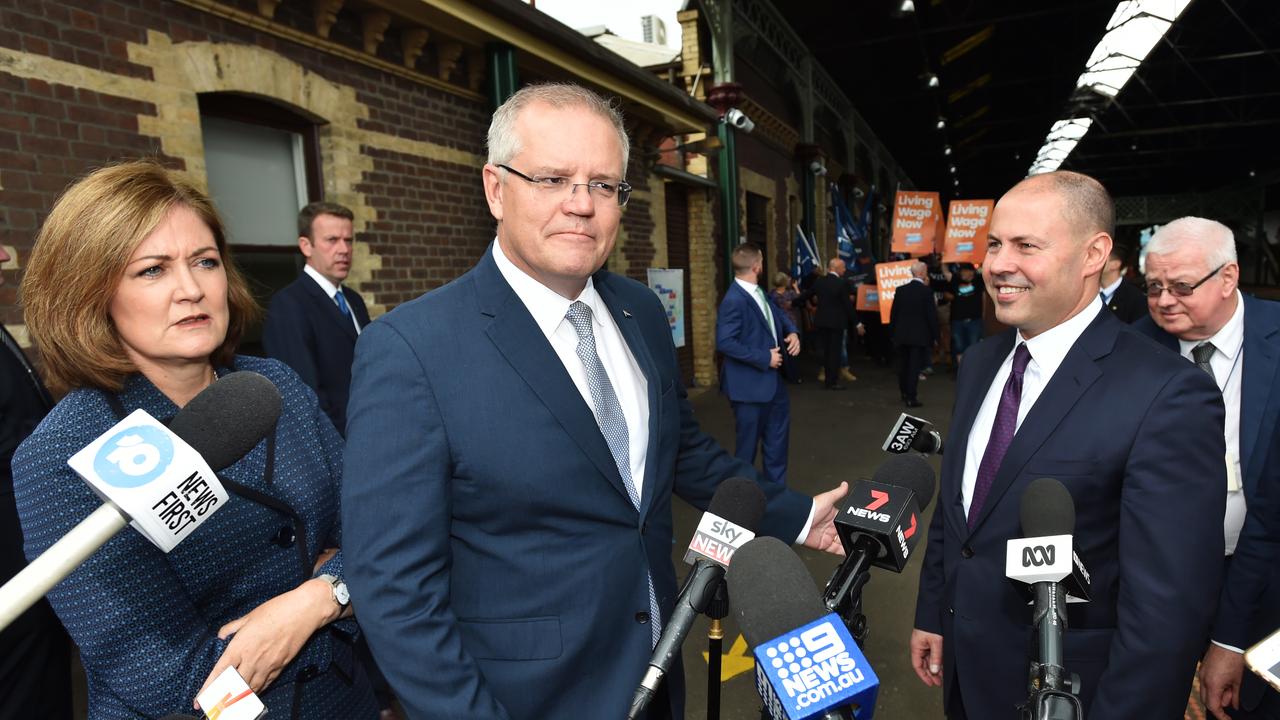Productivity Commission blueprint to save billions on living
Scott Morrison will today unveil a shift in economic priorities aimed at boosting living standards.

Scott Morrison will today unveil a major shift in economic priorities aimed at boosting living standards and driving an ambitious productivity agenda through the delivery of more efficient healthcare, education and cities.
The Treasurer will launch the first of a series of five-year blueprints conducted by the government’s chief economic advisory agency and which flag a series of reforms worth hundreds of billions of dollars to the economy over the next two decades.
Mr Morrison argues the 1222-page Productivity Commission report represents the next step in updating the micro and macro-economic reforms of the 1990s, which included trade liberalisation and the sale of government assets, as well as competition and tax shake-ups.
The report outlines the economic benefits from a health system reboot could be worth $200 billion over the next two decades; argues for university funding to be linked to student performance; and estimates a $29bn boost to GDP from changes that would create better functioning cities, with $20bn coming from a better road system.
In an address to the Committee for Economic Development of Australia, Mr Morrison argues the “new wave” of reforms proposed by the commission are grounded on the concept of extracting better value from existing investment instead of straight spending cuts — an acknowledgment of greater public resistance to broadscale reform.
“Many Australians are now far more sceptical of change. Whenever governments mention the word ‘reform’ or ‘productivity,’ they get nervous,” he says in a draft of his speech obtained by The Australian. “Australians are more alive to the costs of change as well as the benefits.”
He will also link Australia’s productivity challenge as critical to unlocking greater wage growth, arguing efforts to reduce the corporate tax rate — estimated at delivering a before-tax real wages boost of up to 1.2 per cent — are insufficient.
“If we only maintain the rate of productivity growth we have seen over the past five years of 1.8 per cent, it will not be enough to offset the slowdown in the growth of our workforce courtesy of our ageing population,” he says.
“We need growth of around 2.5 per cent to maintain the growth in our living standards.”
The ideas canvassed in the report include changes to empower patients and view health as a “wealth enabler”. It notes that Australians spend the most years on “ill-health” in the OECD despite having the third highest life expectancy at 82.8 years.
Mr Morrison argues this represents, on average, an “entire decade” spent on the sick bed. “If we had the same level of ‘healthy’ life expectancy as Singapore, Australians would on average live 2.6 years longer,” he says.
The report finds 17.5 per cent of Australians have mental or behavioural problems and the suicide rate is double that of the best performing countries. The successful prevention of these behavioural problems is estimated to boost labour force participation by 26 percentage points.



